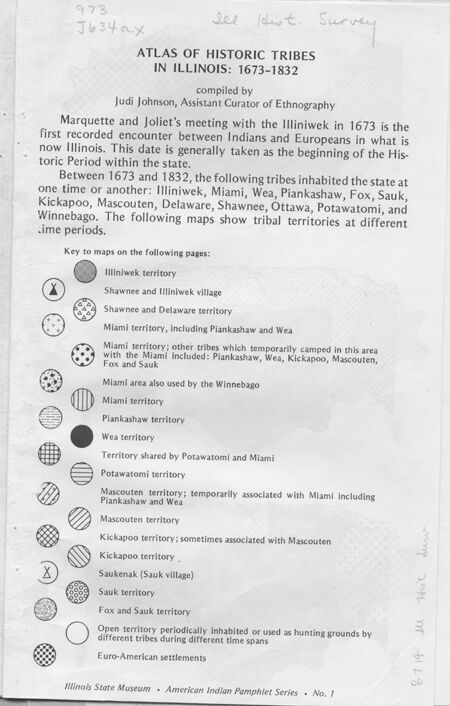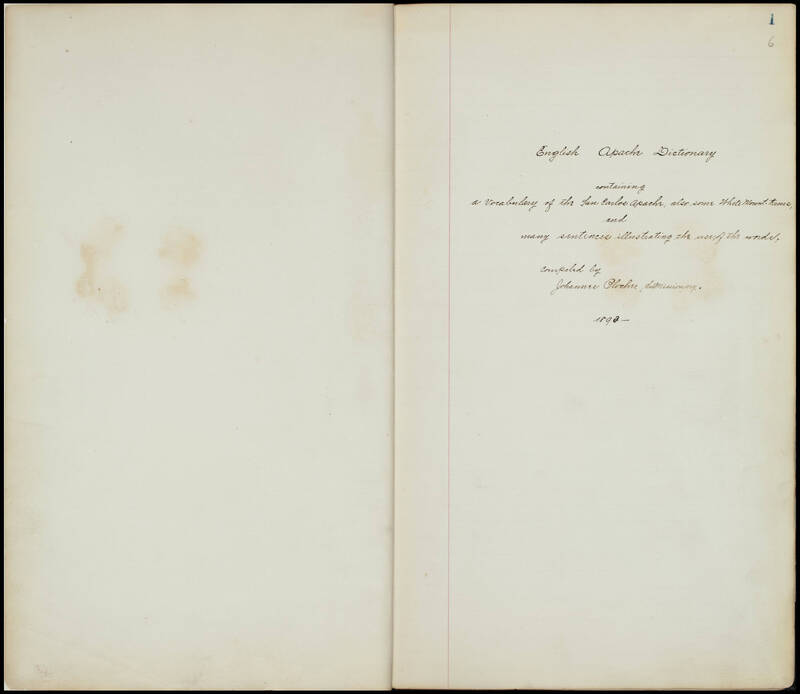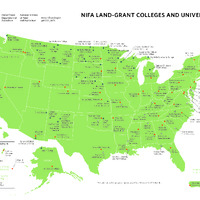Contents
- Native American Heritage Month
- Native American History in Libraries
Native American History in Libraries
Cataloging in the Library of Congress
Items related to Native American history and culture have historically been cataloged in libraries under inaccurate and pejorative terms. Despite descriptive language changing in mainstream culture, the specific subject headings, which describe library items in the Library of Congress, have yet to change. The Library of Congress offers guides to help users search for items in its collection; the subject headings that patrons must use often include Indian, rather than Native American or Indigenous, as a descriptor.
Learn more about locating resources in the Library of Congress:
Improvements in Cataloging
Efforts to update Library of Congress subject headings in order to be more accurate and respectful are common; there is a huge number of marginalized groups and topics that are still to this day cataloged under outdated names. Initiatives like the Latin American and Indigenous Peoples Funnel Project (LAIPA Funnel) focus on not only updating outdated subject headings, but creating new ones as well.
In addition to larger initiatives to officially change subject headings, some universities have made the move to locally change the terms they use in their own catalogs. One of the main changes that multiple libraries have implemented is to move away from using “Indian” as an umbrella term; instead, these libraries have worked to identify specific Indigenous communities.
Indigenous Cataloging
Another method of preserving and organizing Native history forgoes Library of Congress subject headings (and colonist cataloging methods) entirely. Indigenous cataloging methods are being explored and are gaining traction.
These methods often employ community cataloging efforts to accurately describe items, rather than relying on single, pre-determined subject headings. These methods of cataloging prioritize traditional knowledge from the Indigenous communities themselves, and seek to represent the diversity within the overarching Native American population. For example, the open-access content management system Mukurtu has the goal of supporting "diverse communities who want to manage and share their digital cultural heritage in their own way, on their own terms." They allow "traditional knowledge" tags to be added by Indigenous community members to accurately describe items that have been cataloged. Items can also have different levels of access, prioritizing the needs of Indigenous communities, rather than non-Native researchers.
Learn more about Indigenous cataloging:



